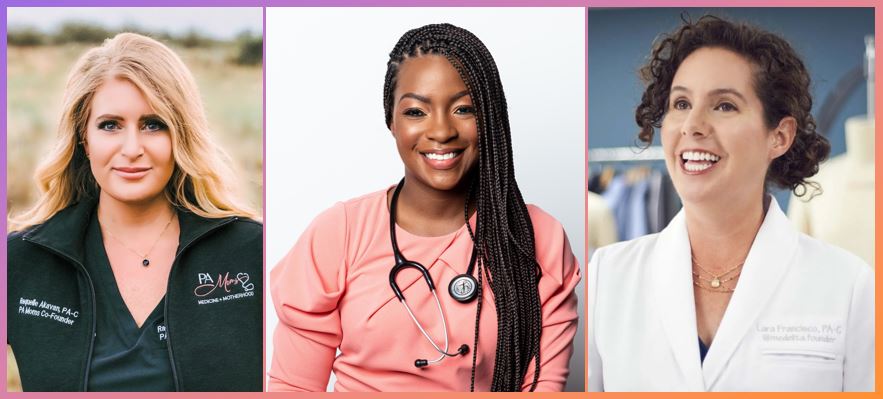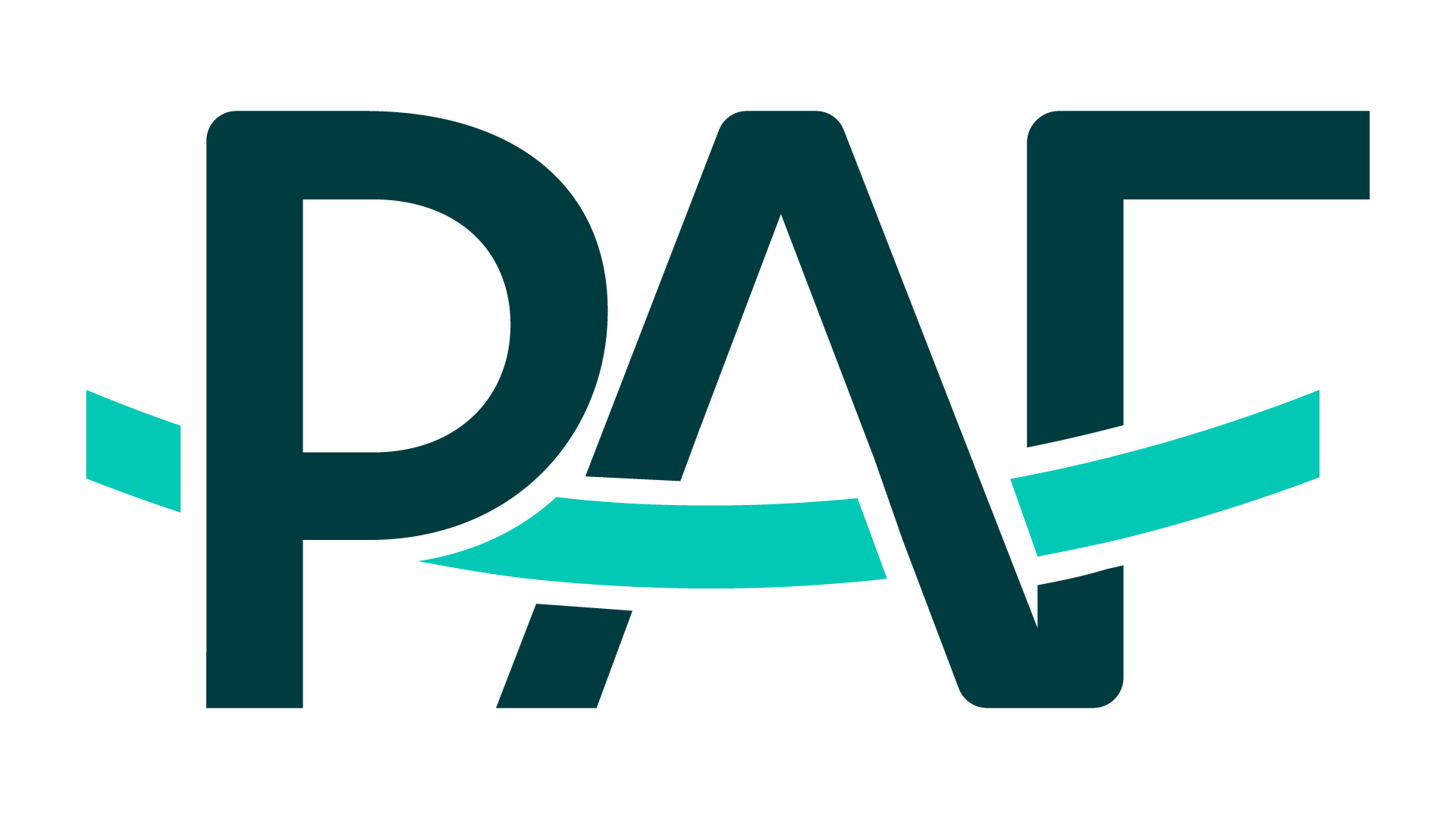Taking Care of Business: WIP Highlights PA Entrepreneurs

At an August meeting, PA Foundation Women in Philanthropy welcomed three PAs who are also business founders for a panel discussion entitled “Taking Care of Business: PA Entrepreneurs.” Raquelle Akavan, MPAS, PA-C, Jackie Edwards, DMSc, BSN, PA-C, and Lara Francisco, PA-C, each shared why they started their businesses, the challenges they’ve faced, and the rewards that keep them going.
Raquelle Akavan, Founder, PA Moms and PAs for Women Empowerment
In 2016, Raquelle Akavan was finding it incredibly challenging to balance her full-time work as a PA in neurosurgery and her role as a mom to her then two-year-old daughter. After learning about an online support group for physicians who are parents, Akavan had the idea to start a similar group for PAs.
Today, PA Moms is a special interest group affiliated with the American Academy of PAs that brings together PAs who are moms from all over the world for support, friendship, and camaraderie. It’s main offering is a closed group on Facebook with nearly 11,000 members.
Last year, Akavan – who now has two children and has worked in plastics in addition to neurosurgery – also founded a nonprofit organization, PAs for Women Empowerment, focused on advocating for women in the PA profession and promoting the rise of women in healthcare leadership roles. Observing that women PAs are underrepresented in leadership positions in healthcare, there is a particular emphasis on advocating for and providing support for PA women as they navigate the business of healthcare and take on increasingly visible and responsible positions within healthcare systems.
“I thought that [starting] a business organization would help us branch out and create partnerships with other organizations in the healthcare field,” Akavan says. “And I think becoming organized has really helped us make an impact on our community.”
Overcoming Challenges
With PA Moms, Akavan’s biggest challenge is moderating conflicts that sometimes arise between participants in the closed Facebook group. She strives to help members understand the need to remain professional and recognize that what they are typing is actually seen by another person on the other side of the screen.
When building PAs for Women Empowerment, Akavan found it daunting to go through the long to-do list of tasks needed to start a nonprofit business, including writing bylaws and setting up a board of directors. She found support from many colleagues and mentors, both women and men. “I couldn’t have done it without them,” she acknowledges. “My success is hugely collaborative and wasn’t solely me ever.”
Savoring the Rewards
The biggest reward for Akavan is hearing from members about how they have been impacted by PA Moms and PAs for Women Empowerment. “When I see people getting energized and having momentum, and trying to get more involved in the PA profession, that just really makes me want to keep going and doing this,” she says.
Jackie Edwards, Founder, Jackie the PA
Once Jackie Edwards, a former registered nurse, became a PA and became involved on social media, she realized that some people don’t understand what she does professionally. That led her to use social media – she has more than 5,000 followers as @_iamjackie on Instagram – to educate others about the PA profession.
Next, Edwards created Jackie the PA, a company that offers apparel and other items like water bottles, mugs, totes, phone cases, and even a swimsuit featuring graphics that celebrate the PA profession.
“I really wanted to be a brand ambassador or advocate for the profession,” says Edwards, who currently practices in occupational therapy and has prior experience in neurosurgery, emergency medicine, urology, and urgent care. “If someone sees ‘PA’ on a shirt, then we can start a conversation, and I can tell you about what I do.”
Jackie the PA is also the launch point for Edwards’s real passion: providing mentorship to aspiring PAs of color and those from non-traditional backgrounds through guidance, virtual shadowing, and PA school application coaching, including personal statement reviews. Revenue from her apparel allows her to offer her mentorship services for free. “I do believe you have to be compensated for your time, but I also believe there’s a barrier when charging people for information or help, and I didn’t want to do that,” she explains.
Edwards currently mentors 20 participants and has a goal to directly help 100 people get into PA programs in the next three years.
Overcoming Challenges
As a PA mentor, Edwards shared that some people who apply to her program are not ready to do the work. “While I may offer this [program] for free, it does require a time commitment and putting some skin in the game,” she notes. “I’m trying to use [this experience] to know how I want to structure [the program] going forward.”
Savoring the Rewards
Edwards finds reward in her work when she hears that her mentees have gone through the sometimes-overwhelming process of applying to PA programs. About her company, she adds, “At the end of the day, it’s really about changing lives.”
Lara Francisco, Founder/Chief Innovation Officer, Medelita
Lara Francisco had two pivotal experiences that led her to start the medical apparel company Medelita.
She shares a story about her first experience buying healthcare apparel as a PA student. She describes how she went to what she thought was a nice shop in Queens, New York, to buy a white lab coat, which she saw as a symbol of her new career. But when Francisco arrived at the store, she found a tiny, overcrowded space filled with lab coats that were made of scratchy, flimsy fabric. She was deflated.
She had a similar experience years later, when she was issued medical apparel to practice in an ER in Mission Viejo, California. The scrub pants and shirt did not fit well and exposed her chest or her bra strap when she moved.
“That was probably the lightbulb moment for me,” says Francisco, who worked in emergency medicine for more than a decade. “I thought, ‘I have no idea how to do this, but I’m not the only one who wants to look halfway decent at work.’ It was time to fill that category, that empty void, for the female clinician out there.”
She founded Medelita in 2016. The company offers lab coats, scrubs, and jackets that are designed to make providers feel their best, and, by extension, provide the best care for their patients. “I’m here to provide a product for my colleagues that I believe they strongly need and deserve,” she asserts.
Overcoming Challenges
Finances, Francisco frankly shares, have been the biggest challenge for her business. “Whatever money you think you need [to start a business], you need way more,” she advises. For example, Francisco needs to have the money for Medelita’s custom fabrics up front, but does not see the final products – and revenue – until nine to 12 months later.
She is also very detail-oriented because she cares about providing quality products for clinicians, whom she considers her colleagues. But this personality trait, she says, can be difficult for some of her contractors to navigate.
“I think [other PAs] can relate to that personality that develops as someone who gets into PA school and makes it through, then makes it through some very difficult employment situations,” Francisco says. “It [weaves] into your whole life and all your interactions, and some people can really welcome that, like a lot of our strongest leaders [in the profession]. But other people just think it’s too much.”
Savoring the Rewards
For Francisco, when she receives positive feedback, such as when she sees someone on a public forum ask about where to buy a lab coat or scrubs and her colleagues provide detailed comments in support of Medelita, that is the biggest reward. “There’s nothing better than seeing that the execution [of our products] was well-received, and that they allow PAs and medical professionals to feel confident in what they’re wearing,” she affirms.

